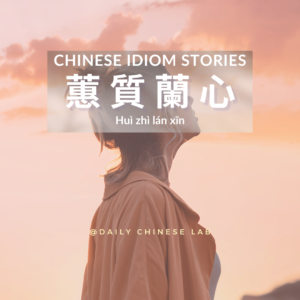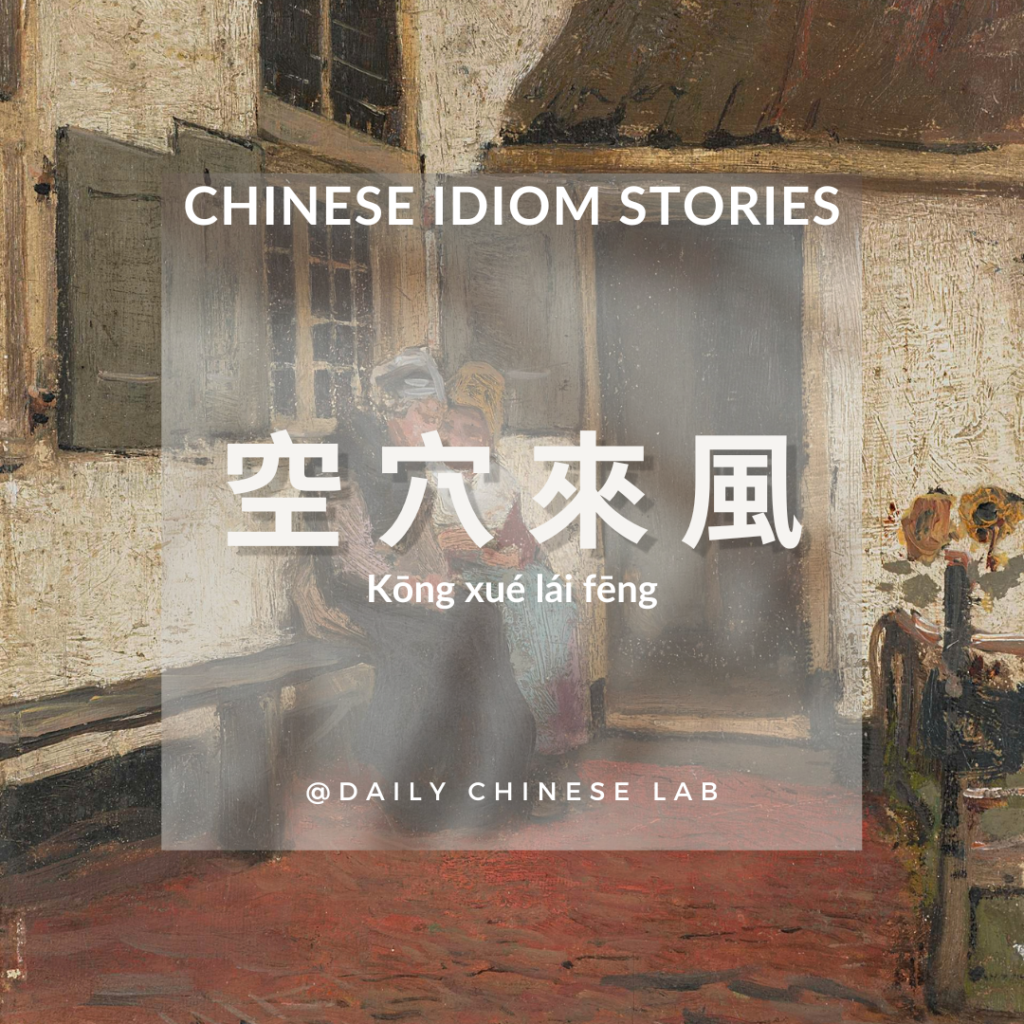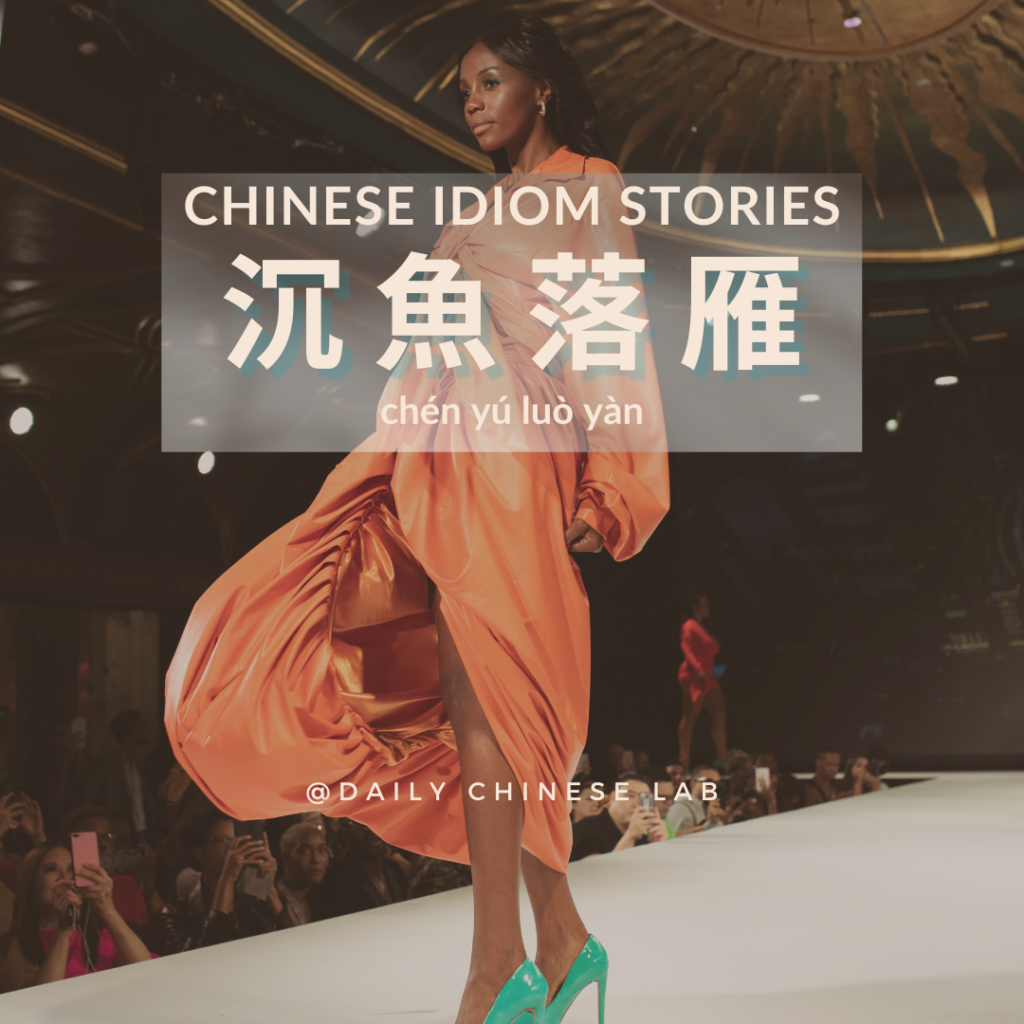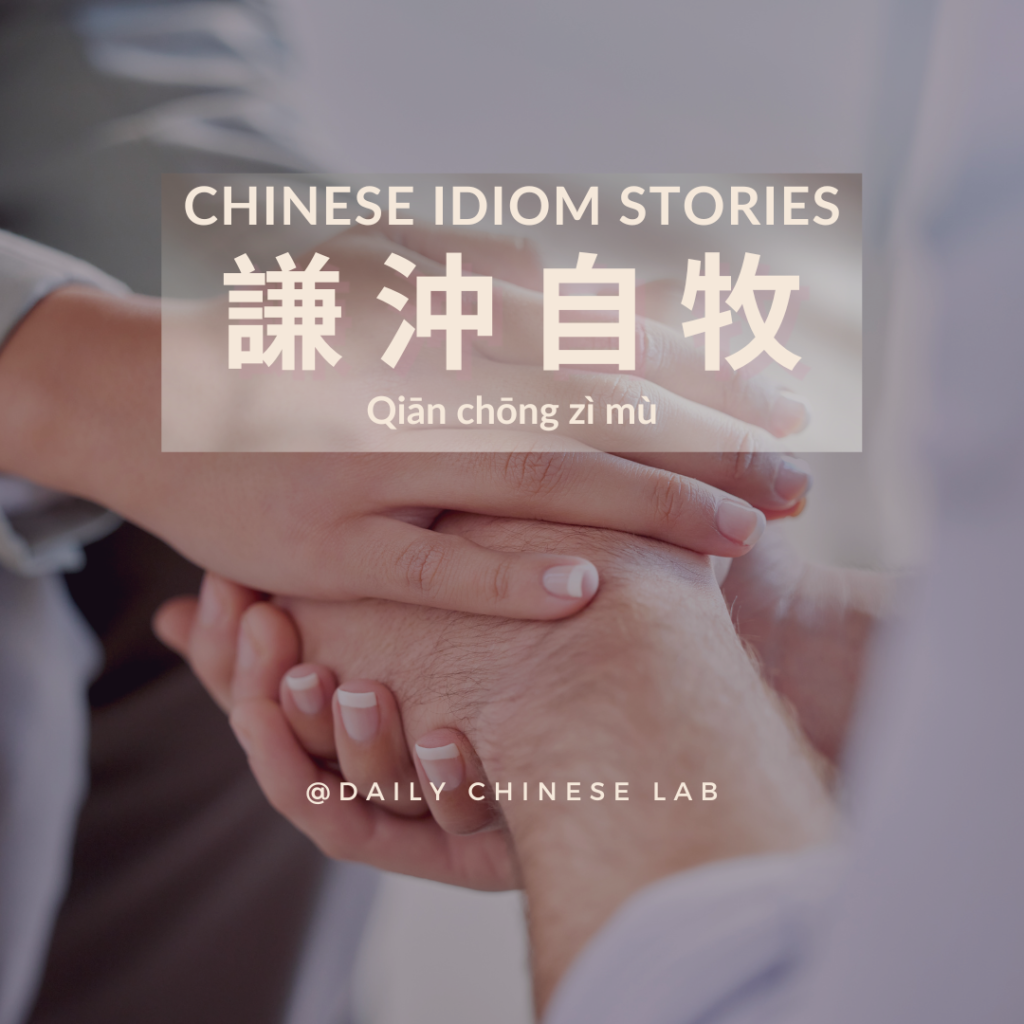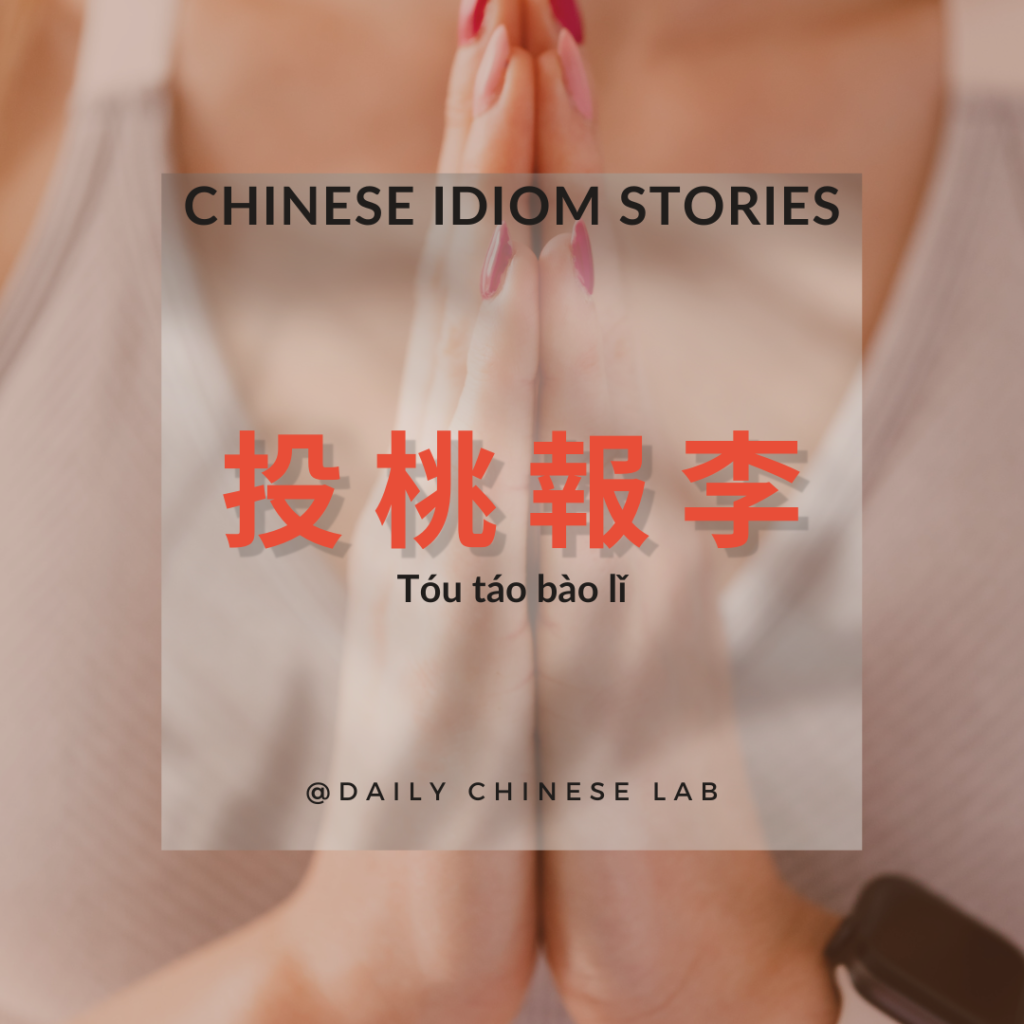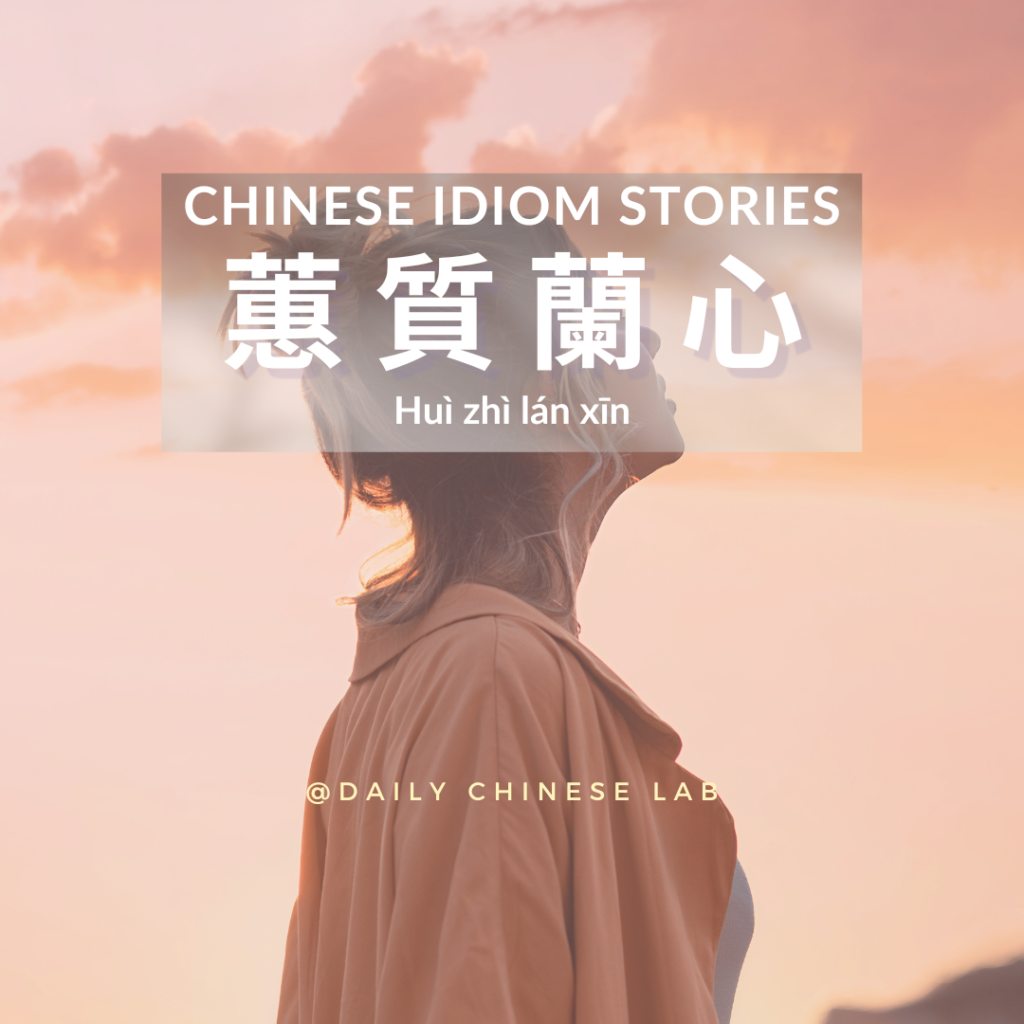Idiom: 眾口鑠金 (zhòng kǒu shuò jīn)
Literal Meaning: “The words of many people can melt metal.”
Explanation: 眾口鑠金 (zhòng kǒu shuò jīn) Describes when many people repeat the same opinion, it can distort the truth or even destroy something valuable.
Chinese Idiom Stories
The idiom 眾口鑠金 originates from the Han Feizi, a famous collection of philosophical and political writings from the Warring States period. The story tells of a man who owned a precious piece of gold. Jealous neighbors spread false rumors, accusing him of stealing it. As the rumors grew, more people joined in, repeating the accusation. Eventually, the owner of the gold was so overwhelmed by public opinion that he abandoned his claim to the gold.
This idiom warns of the dangers of unchecked rumors and the power of collective voices to influence or distort the truth, no matter how baseless those claims might be.
Idiom Example Sentences
- 謠言四起,眾口鑠金,他無法澄清自己的清白。
- Rumors spread everywhere; the collective voices distorted the truth, and he could not prove his innocence.
- Yáoyán sìqǐ, zhòng kǒu shuò jīn, tā wúfǎ chéngqīng zìjǐ de qīngbái.
- 要小心不要被眾口鑠金的話語影響,保持自己的判斷力。
- Be careful not to be influenced by collective opinions; always maintain your own judgment.
- Yào xiǎoxīn bùyào bèi zhòng kǒu shuò jīn de huàyǔ yǐngxiǎng, bǎochí zìjǐ de pànduànlì.
Practice Exercise
- What is the meaning of 眾口鑠金?
- Why is it important to be cautious of collective opinions?
- Create a sentence using 眾口鑠金 to describe a situation where rumors caused harm.
Multiple Choice Questions
What lesson does 眾口鑠金 teach us?
A) Rumors and repeated opinions can distort the truth.
B) Gold is easily melted.
C) Trust everything you hear.
D) One voice is more powerful than many.
(Answer: A)



